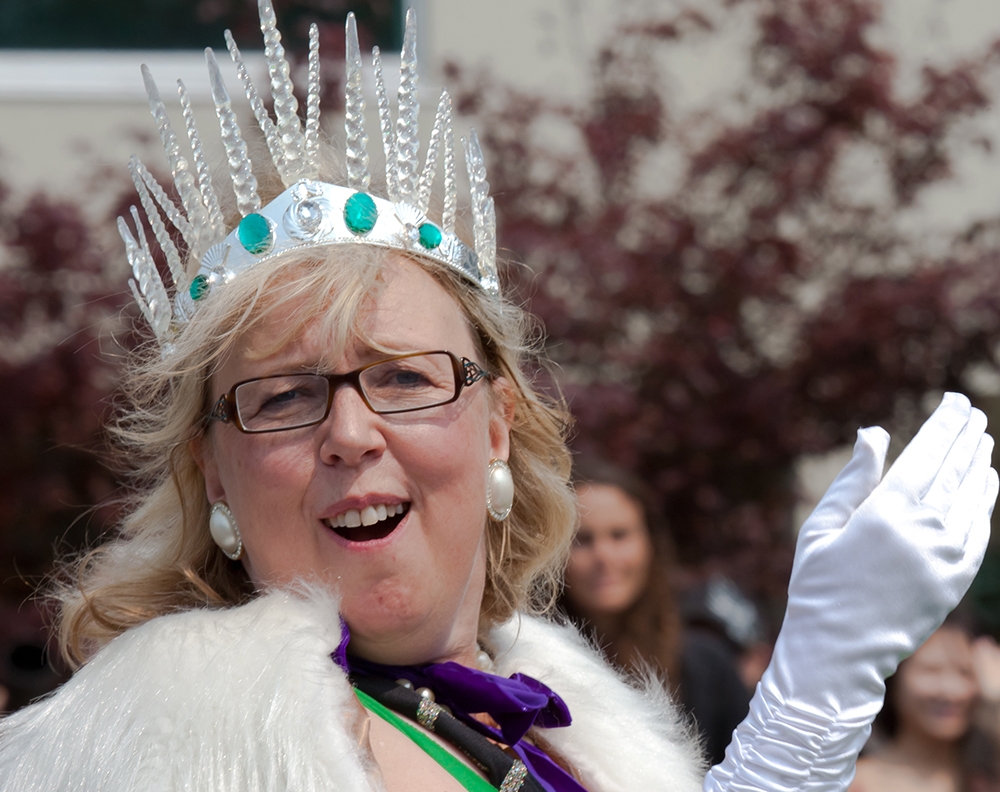Kanchi Uttamchandani | Assistant News Editor
Featured image: Party leader Elizabeth May has come out against the decision to support the BDS movement. | Photo courtesy of Wikimedia Commons
The Canadian Green Party’s controversial decision to adopt the Boycott, Divestment and Sanctions, or BDS, policy as part of its platform has unleashed a torrent of debate at York.
Students Against Israeli Apartheid, or SAIA, and Hasbara at York are two campus groups that appear sharply divided over both the endorsement and the BDS movement itself.
“As a Canadian, I was extremely disappointed by the Green Party’s decision to endorse the BDS movement. My sentiments are echoed by both Prime Minister Justin Trudeau, who has personally condemned and backed an official parliamentary condemnation of BDS, and by Elizabeth May herself who has expressed her disappointment in her own party for opting to endorse the movement,” says Rena Silver, president of Hasbara at York.
Hammam Farah, SAIA member and York alumnus, disagrees. “We commend the Green Party’s support for BDS, and we look forward to working with other parties and representative institutions to support the Palestinian-led struggle for freedom, justice and equality.
“Clearly, Canadians are currently having this debate, and this reveals that Parliament’s condemnation of BDS back in February was premature and ill-informed,” he says.
Silver says that while members of Hasbara at York have varying political views, the recent Green Party endorsement of BDS alienates many Jewish and pro-Israel Canadians.
“Jewish Canadians who do or did support the Green Party will likely feel sidelined and marginalized by a decision like this, and I’m sure they will have conflicting feelings about continuing to support the Green Party,” says Silver.
She believes this decision comes in the wake of an already polarizing and tumultuous campus environment.
“Aside from endorsing BDS recently, they introduced resolutions to revoke the charitable status of the Jewish National Fund — which is ironic in that a major campaign of theirs involves a mass appeal to plant trees — and I imagine that this will further provide a crutch, however illegitimate, to the anti-Israel student movement,” explains Silver.
Farah responds, saying that the Jewish National Fund plants trees on confiscated Palestinian property and does not permit sale and lease of lands to non-Jews.
Silver maintains that BDS does not help the Palestinian cause. “One only needs to look to the example of SodaStream for proof. SodaStream’s factory formerly employed hundreds of Palestinians in the West Bank before the BDS movement drove the factory out,” she says.
Farah insists that SodaStream violated international law as it operated inside an illegal settlement in occupied territory.
“It’s morally reprehensible to use the excuse that SodaStream employed Palestinian workers, and therefore it should remain on occupied Palestinian land,” says Farah.
Additionally, the sides disagree whether BDS’ attempted exclusion of Israel is conducive to resolving conflict in the Middle East.
“All issues surrounding Israel and Palestine are incredibly complex and nuanced, and cutting Israel out of that conversation does nothing to problem-solve, and everything to incite intolerance,” argues Silver.
BDS singles out Israel in the same way that it singled out South Africa and boycotted it in the 1980s, says Farah.
It remains to be seen how the Green Party’s endorsement will affect its electoral prospects.


